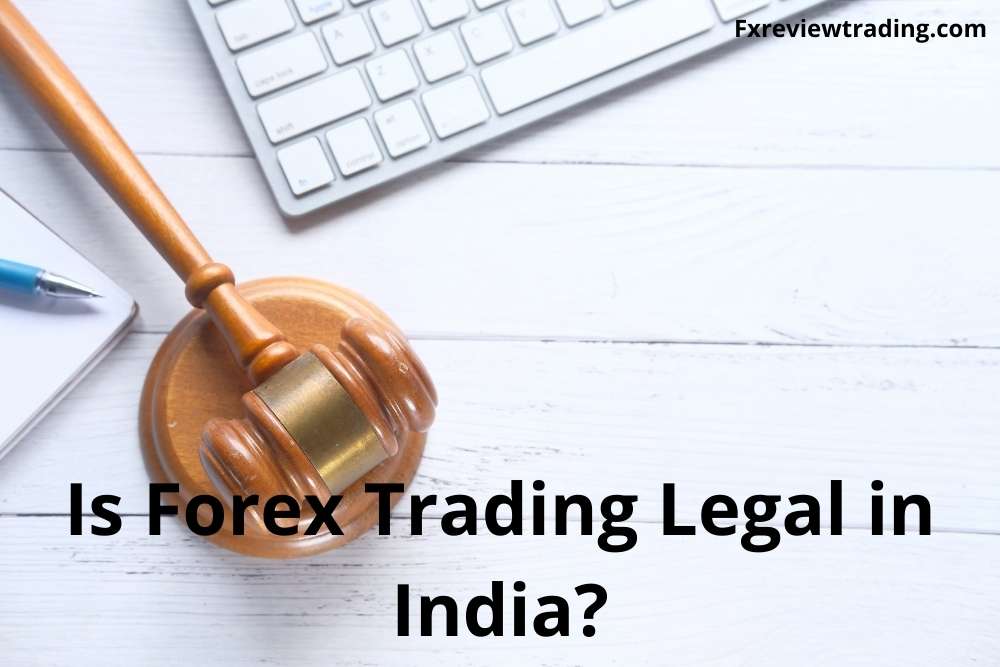Introduction
In the realm of finance, foreign exchange (forex) trading has emerged as a captivating avenue for traders seeking lucrative opportunities. However, the legality of forex trading in different jurisdictions remains a subject of intrigue and confusion. In this comprehensive guide, we will delve into the fascinating world of forex trading, shedding light on its legality in India. By traversing through its historical roots, regulatory landscape, and practical implications, we aim to empower you with the knowledge necessary to navigate this dynamic financial arena.

Image: fxreviewtrading.com
Forex Trading: A Global Perspective
Forex trading, often referred to as currency trading, involves the buying and selling of foreign currencies on the global foreign exchange market (forex market). This dynamic market, the largest financial market in the world, is where currencies are exchanged and traded 24 hours a day, 5 days a week. The ebb and flow of currencies, influenced by a myriad of economic, political, and geopolitical factors, create opportunities for traders to profit by speculating on price movements.
The Regulatory Landscape of Forex Trading in India
The legality of forex trading in India has undergone a series of transformations over the decades. In the early days of forex trading in India, it was primarily conducted through unauthorized channels, often leading to investor exploitation. Recognizing the need for regulation, the Indian government introduced the Foreign Exchange Management Act (FEMA) in 1999.
FEMA, a comprehensive legislation governing foreign exchange transactions in India, brought forex trading under the purview of the Reserve Bank of India (RBI), the country’s central bank. Under FEMA, forex trading is permitted only through authorized dealers (ADs), financial institutions designated by the RBI to facilitate foreign exchange transactions. ADs must adhere to strict guidelines and regulations set forth by the RBI to ensure the orderly and transparent functioning of the forex market.
Key Compliance Requirements for Forex Trading in India
For individuals and entities engaging in forex trading in India, compliance with FEMA regulations is paramount. Some of the key requirements include:
-
Trading Only through Authorized Dealers: Forex trading must be executed solely through authorized dealers (ADs) licensed by the RBI. ADs serve as intermediaries between traders and the global forex market, ensuring compliance with regulations and safeguarding the integrity of the market.
-
Adherence to KYC and AML Norms: ADs are required to conduct thorough Know Your Customer (KYC) and Anti-Money Laundering (AML) checks on their clients before facilitating forex transactions. These checks are designed to prevent illicit activities such as money laundering and terrorism financing.
-
Reporting and Monitoring: ADs are obligated to meticulously report all forex transactions to the RBI on a regular basis. This reporting mechanism enables the RBI to monitor the forex market, identify potential irregularities, and maintain financial stability.
-
Avoidance of Margin Trading: Margin trading, a practice involving the use of borrowed funds to magnify trading positions, is prohibited in the Indian forex market. This measure is intended to safeguard traders from excessive risk-taking and potential losses.

Image: www.btcc.com
Exemptions for Certain Transactions
While FEMA generally governs forex trading in India, there are certain exemptions for specific types of transactions. These include:
-
Current Account Transactions: Forex transactions related to current account activities, such as imports, exports, and travel expenses, are exempt from FEMA regulations.
-
Foreign Direct Investment (FDI): Forex transactions связанные с прямыми иностранными инвестициями (FDI) are also exempted, subject to compliance with FEMA regulations governing FDI.
-
NRI Accounts: Non-Resident Indians (NRIs) are permitted to maintain NRI accounts in India and engage in forex trading for specified purposes, such as remittances and investments.
Is Forex Trade In India Legal
https://youtube.com/watch?v=kM0hxbvDsOs
Conclusion
Forex trading in India is a legal activity, subject to the regulatory framework established by the Foreign Exchange Management Act (FEMA). Compliance with FEMA regulations, which include trading only through authorized dealers, adhering to KYC and AML norms, reporting transactions, and avoiding margin trading, is essential for individuals and entities engaging in forex trading in the country. Exemptions exist for certain types of transactions, such as current account transactions, FDI-related transactions, and NRI accounts. Understanding






